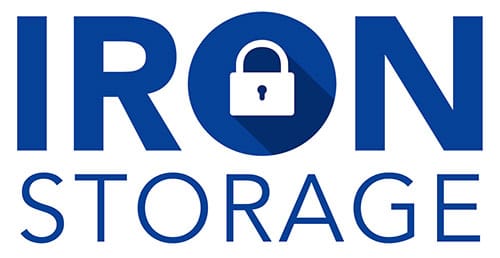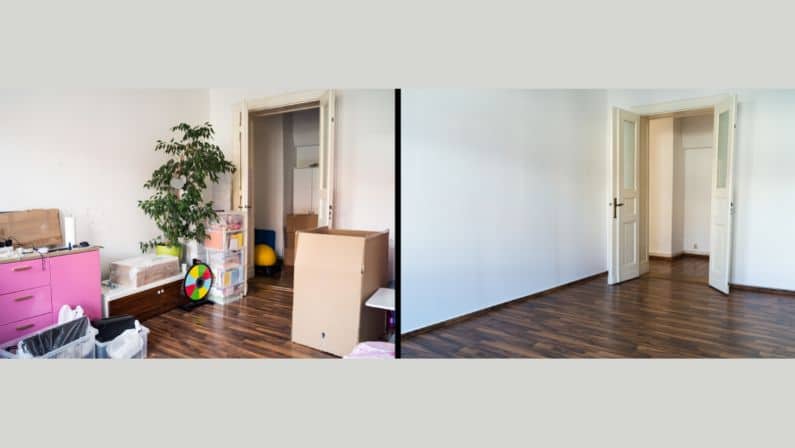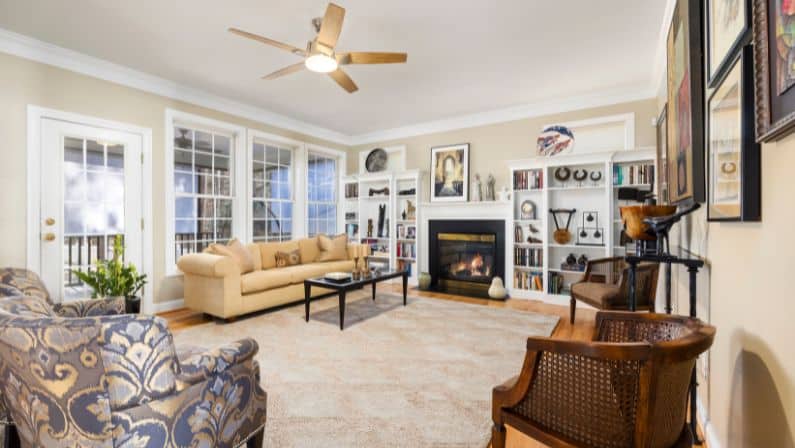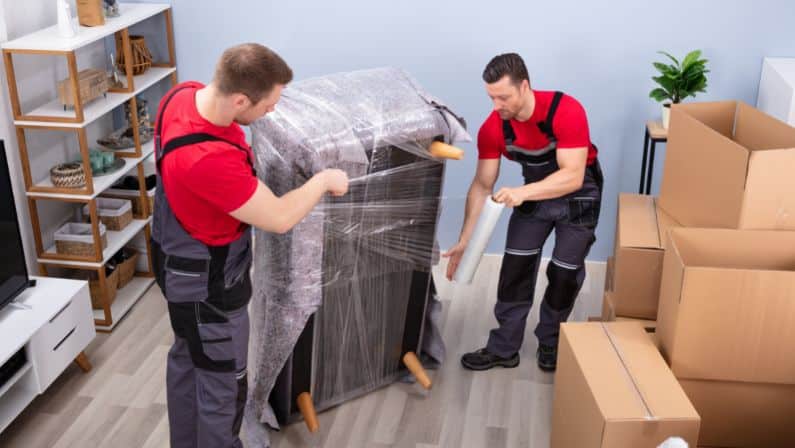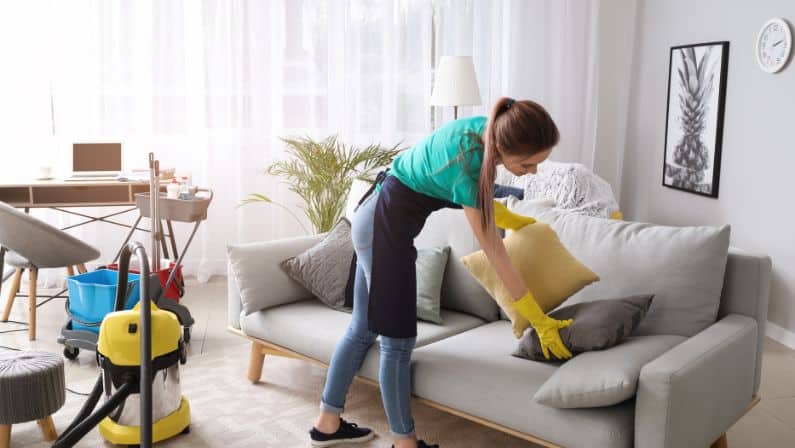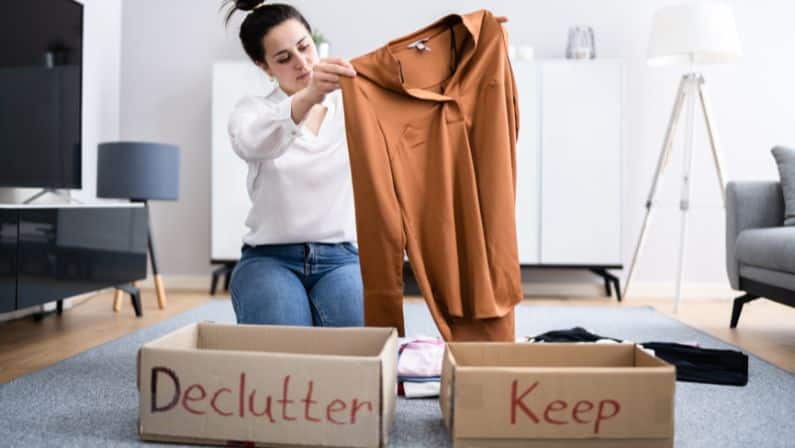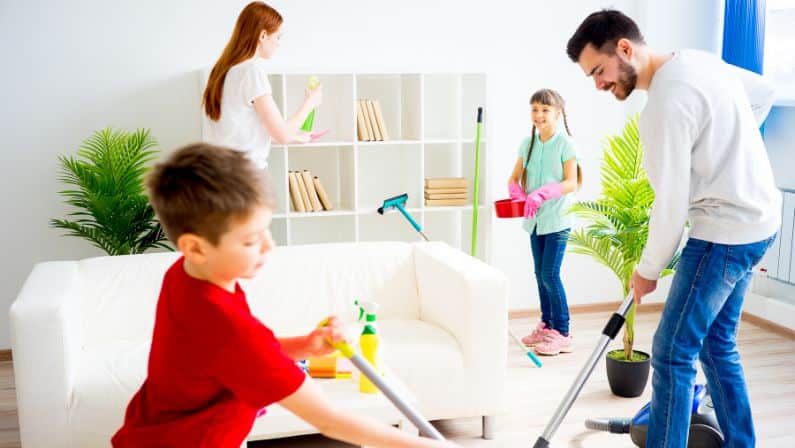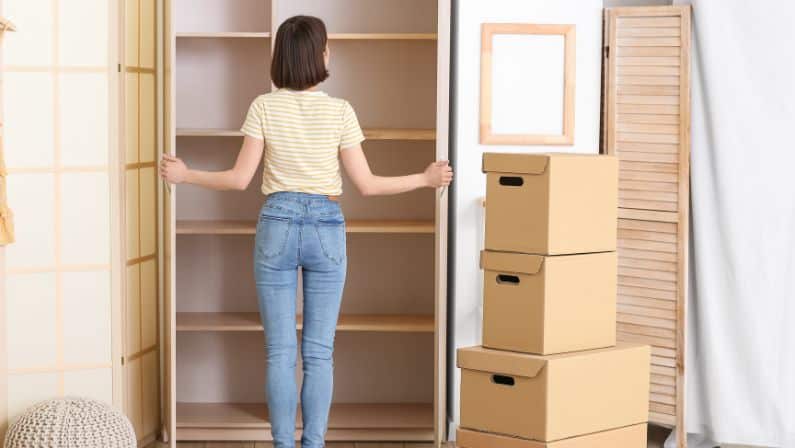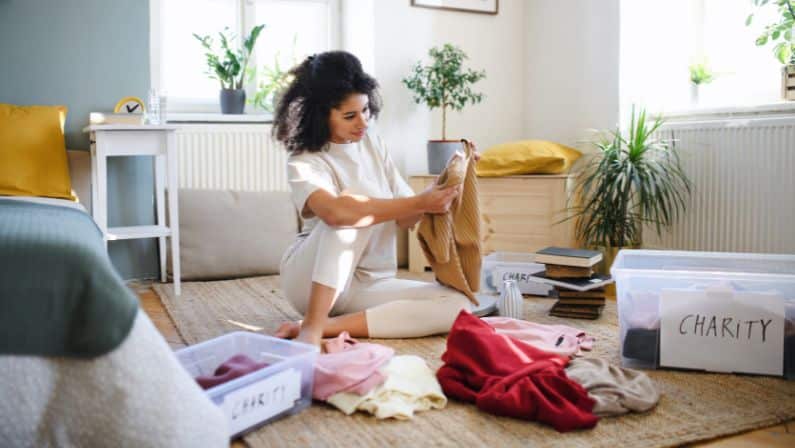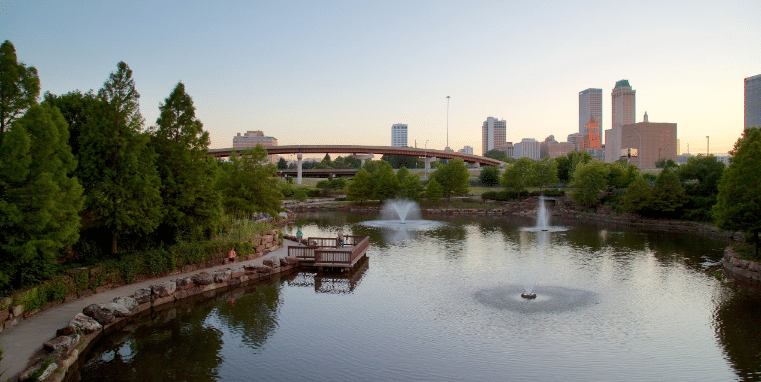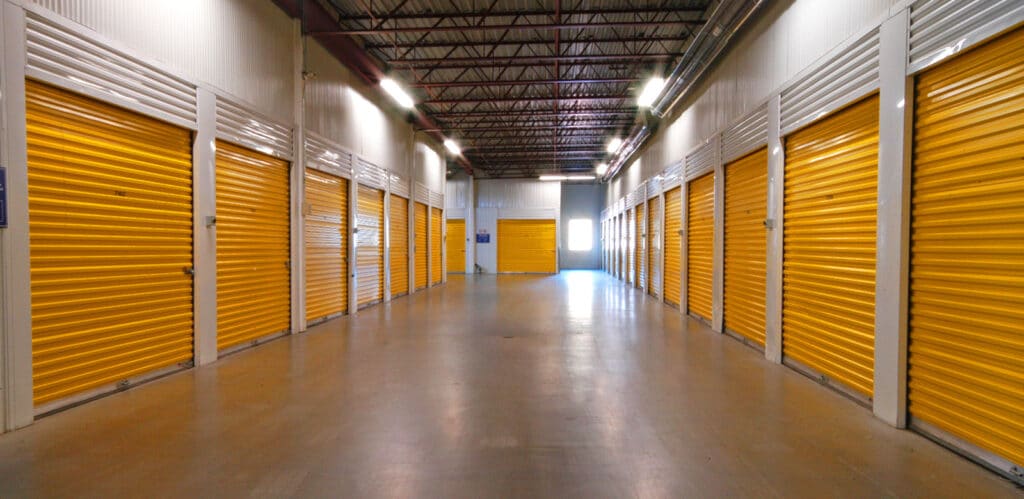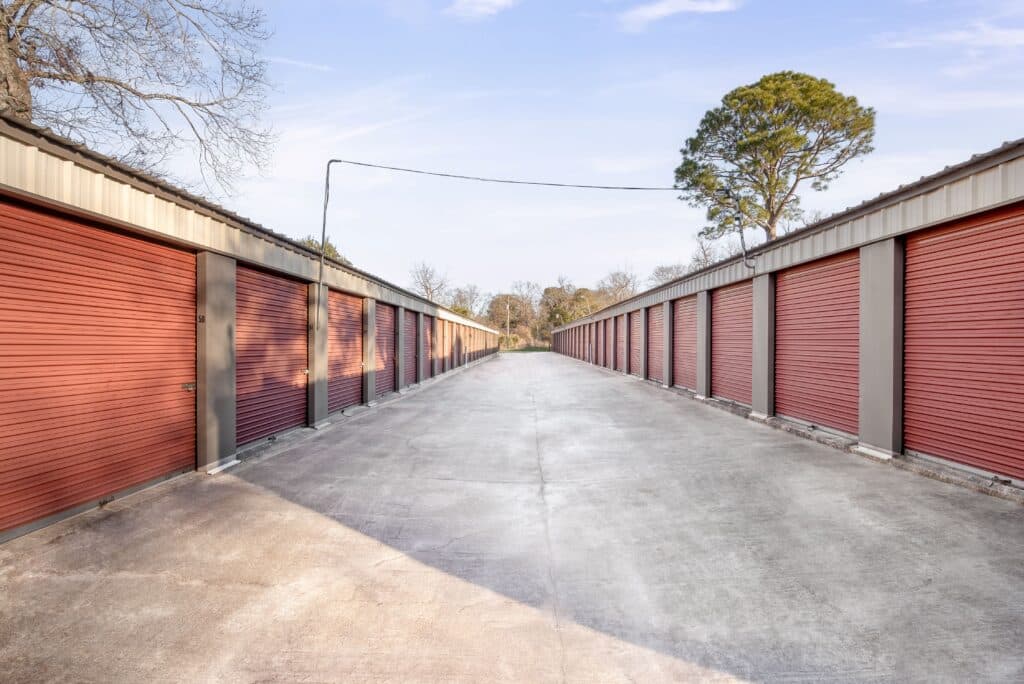How to Declutter Your Home
Why should you declutter in the first place? Because it will improve your life! Decluttering can help with anxiety, organization, and even save some dough. Read on for more reasons why decluttering your home is both fun and beneficial!
When Should You Declutter Your Home?
There are a lot of different reasons you might be considering decluttering your home. Regardless of what’s motivating you, it can be hard to know when’s the right time to get started.
When looking for tips for decluttering, consider the following times:
- When you feel overwhelmed by clutter. Your home may have so much clutter that you may find it difficult to find space for essential activities, such as cooking, working, or relaxing.
- When it’s difficult to get around in your home. Some people accumulate so much furniture that they can barely walk inside their household.
- When things are falling apart or broken because of the mess.
- When you have a hard time finding what you need when you need it. Imagine being in a hurry and not being able to find that folder you need to take with you.
Benefits Of Decluttering Your Home
Decluttering has a number of benefits, including:
Decluttering Helps You Be More Organized.
Decluttering your home helps you be more organized. You can find things faster, keep your home tidy and neat, and make room for new things. You’ll also have a better idea of where things are when it’s time to use them again.
When you declutter, think about the items around your home that don’t add value—or work against you—in any way. Do they need to be there? Is there another place they could go?
Decluttering is an essential step to achieving a more organized life. By removing unnecessary items and organizing the things you need, you can create a functional and peaceful living space.
Decluttering Reduces Anxiety.
In addition to reducing clutter and helping you feel more organized, decluttering can also help reduce stress and anxiety.
Decluttering is a form of mindfulness that can help you focus on the present moment instead of worrying about the past or future. As you work through your possessions and make decisions about what stays in your life and what goes, you’re actively choosing what to keep out of an abundance of options.
Decluttering helps to zero in on what matters most to you—a process that’s especially helpful if it’s been awhile since you’ve considered how exactly this stuff fits into your life right now. The act of decluttering is also a reminder that there are fewer things than we think, which helps lift our minds off all the things we don’t have or need right now.
Decluttering promotes a sense of control: It allows you to make deliberate decisions about what to keep and what to let go of, empowering you to shape your space according to your preferences and needs. This sense of control can help reduce anxiety and create a more positive mindset.
Decluttering can enhance focus and productivity: A cluttered environment can be distracting and hinder concentration. Decluttering can create a more organized and efficient space, allowing you to focus better on tasks at hand and increasing productivity. As a result, you may feel more in control of your time and less overwhelmed.
A clutter-free and organized space can evoke feelings of tranquility and peace. When your surroundings are clean and simplified, it can have a calming effect on your mind and emotions. It becomes easier to relax, unwind, and find a sense of inner peace.
Decluttering and organizing your space can give you a sense of accomplishment and pride. Seeing the transformation and progress can boost your self-confidence and improve your overall mood, reducing anxiety in the process.
It’s Easier To Clean Your Home.
If your house is jam-packed with junk, it’s going to be hard to do anything with it. You’re going to have to take everything out, and then put it back in when you’re done cleaning. That’s a lot of work for one day—but if you space out the process, it becomes much more manageable.
You Can Find Things Faster.
It is not exactly intuitive that decluttering would make it easier to find things, but it does. When the house is cleaner, everything has its place and the clutter is gone, items are easier to see and recognize when they are needed.
When your space is cluttered, it can be challenging to make decisions or find things quickly. This constant decision-making process can lead to decision fatigue and increase anxiety levels. Decluttering minimizes decision fatigue by streamlining your belongings and making it easier to locate and access what you need.
Decluttering Helps You Save Money.
Decluttering is not only good for your mental health, it’s also a great way to save money. You can donate your unwanted items and give them away for free. Or you can sell them online or at a garage sale for what they are worth.
If you have an item that has value but you don’t want to keep it yourself, sell it on eBay or Craigslist. These websites let you list items for sale in the “marketplace” section of their website and take care of all the selling details for you, including payment processing and shipping costs!
Decluttering Clears Room For New Memories.
Getting rid of clutter can also be an incredibly positive experience. For one thing, decluttering will give you more room to do things you enjoy—from hobbies like crafting or cooking to activities like relaxing or reading beside your favorite window seat.
You’ll also have more free time, which means more opportunities to spend time with friends and family members who matter most in your life (or maybe even some new ones). Finally, getting rid of clutter allows for a fresh start: The slate is wiped clean so new memories can be made!
Should I Hire A Professional Organizer To Help Me Get Rid Of Clutter?
If you’re a little overwhelmed by the thought of getting rid of your clutter, we get it. It can be hard to know where to start!
If you’re thinking about hiring a professional organizer to help you with this project,
here are some tips that will help you decide if it’s right for you:
- Ask yourself: “Do I have a lot of time, but not a lot of energy?”
- Ask yourself: “Do I want someone else to take charge of this project?”
- Ask yourself: “Will an organizer be able to help me see my space differently?”
15 Tips on How To Declutter Your Home
It can feel overwhelming, but we have a few tips on decluttering to help you get started.
1. Take It One Room At A Time
It can be overwhelming to try to declutter your entire home at once, so start small. Focus on one room at a time and make it a habit to declutter before you go to bed and when you wake up. You won’t even realize how much stuff you’ve gotten rid of until the end of the week!
The Bathroom
The bathroom is a great place to start because it’s usually small and easy to clean out quickly. Get rid of anything that hasn’t been used in six months or more, including makeup, hair brushes, razors, toothbrushes, soap dispensers, and toiletries.
The Bedroom
Bedrooms are where most people store their clothing and accessories (along with other things), but this can lead to clutter if you don’t keep your closet under control.
Closet And Clothing
You can do this by sorting through your clothes and eliminating any items that no longer fit, have been worn out, or have out-of-date styles. You can also remove items that you never wear and donate them to charity or give them away to friends.
The Kitchen
Another great place to start when it comes to decluttering your home is with the kitchen. This is a good place to start because kitchens tend to have so much clutter in them from pots, pans and utensils lying around everywhere as well as food packaging containers that never seem to get recycled properly.
Living Room
Your living room is another great place where you can start when it comes to decluttering your home because living rooms tend to have lots of clutter in them such as furniture pieces that are too big for their space.
1. Start Small
It’s best if you start by decluttering one room at a time, rather than trying to tackle your entire house at once. If you try to do too much all at once, you’ll get overwhelmed and might give up halfway through!
2. Only Keep Items That You Absolutely Love
Does it bring you joy? Then it stays! Do you only use this item once or twice a year? Then it doesn’t get to stay in your home anymore. If it isn’t being used for its intended purpose, or if it’s just taking up space in your closet or drawer, then it needs to go!
3. Don’t Hold Onto Things That Don’t Bring You Joy
This includes anything broken or damaged (even if it works), duplicate items that don’t have a use in your life anymore (like those old Christmas decorations), gifts that aren’t useful or well-loved (like an ugly sweater from your crazy aunt), and anything else that just doesn’t fit into your home anymore (like those mismatched glasses from college). You’d probably never miss them if they were gone anyway.
4. Tackle One Zone At A Time
This will allow you to focus on one area of the house at a time and not feel overwhelmed by the scope of the whole project. It also helps narrow down which areas might need more attention than others.
5. Get Rid Of Anything Broken Or Damaged
You don’t need broken items taking up space in your home! If something is damaged beyond repair, get rid of it right away so that it doesn’t end up being another item cluttering up your space.
6. Don’t Keep Duplicates
Duplicates are clutter, plain and simple—they just take up space for no reason! If you have multiple versions of something like paper towels or toothpaste, consider donating one copy and using the other as an extra supply for guests or emergencies.
7. Don’t Be Afraid To Get Rid Of Gifts That Aren’t Useful Or Well-Loved
When it comes time to declutter your home, don’t be afraid to get rid of gifts that aren’t useful or well-loved. They’re taking up space that could be used for something else.
8. Get Your Family On Board
You can’t do this alone—your family needs to be on board with the idea of decluttering their living space as much as you do.
9. Don’t Overdo It
The first step to decluttering is to decide what you want to keep, and what you want to get rid of. You should also take an honest look at how much space you have available for storage. If your home has little space, it’s going to be difficult to keep every single item you own organized and tidy.
10. Limit Storage Space
When you’re trying to declutter, make sure you have enough room for your items. If you don’t have enough room, it’s likely that those items will end up getting lost or thrown away. To make sure this doesn’t happen, limit the amount of storage space available so that everything has its own place when it’s not being used.
11. Sort Items Into Categories
Now that you know what needs storing and where it needs storing, start sorting items into categories based on their size or purpose (e.g., kitchen utensils, bathroom supplies). This will make it easier for anyone who uses them later on down the road!
12. Set Aside Time Each Day To Tidy Up
It’s tempting to try to declutter your home in one marathon session, but the reality is that it’s not a great idea. You’ll be more likely to get overwhelmed and give up if you try to do everything at once, so set aside time each day to tidy up a different area of your home—it will be much easier than trying to do it all at once.
13. Set Up And Stick To A Donating System
If you’re decluttering because you want to donate some items, figure out what system will work best for you before you start decluttering (and stick with it).
14. Use Checklists Or Reminders As Needed
If there are certain areas of your home that tend to get cluttered quickly (like the kitchen counter), then consider using a declutter your home checklist
or reminders as needed so that these areas can stay clear at all times.
Types of Things You May Want to Get Rid of When You Declutter
- Broken or unusable items: Items that are damaged beyond repair or serve no purpose should be discarded. Holding onto broken objects only adds to the clutter.
- Expired or outdated items: Check food, medications, cosmetics, and household products for expiration dates. Dispose of anything that is expired or no longer safe to use.
- Duplicate items: Get rid of duplicate items, such as kitchen utensils, clothing, or old electronics that are no longer needed.
- Worn-out or damaged clothing: If clothing items are beyond repair, heavily stained, or no longer fit, it’s best to discard them. Consider donating wearable clothing to charity if appropriate.
- Outdated technology: Old electronics, cords, and gadgets that you no longer use or that are no longer functioning can be responsibly recycled or disposed of.
- Unused or unwanted paper clutter: Paperwork, old receipts, expired coupons, and excessive magazines or newspapers can contribute to visual clutter. Recycle or shred what you don’t need.
- Unnecessary kitchenware: Evaluate your kitchen items and discard gadgets, utensils, or appliances that are rarely used or have become obsolete.
- Non-sentimental trinkets: Consider parting with knick-knacks, decorative items, or souvenirs that no longer hold any sentimental or functional value.
- Unread, outdated, or unwanted books: Donate or sell books that you’ve finished reading or have no intention of reading.
- Unused or broken furniture: If furniture items are damaged beyond repair or are no longer needed, consider discarding or donating them.
Words of Encouragement
You are not alone in this journey. If you feel like it’s too much to handle on your own, reach out to friends and family who may be able to help with the task at hand. They might even have some great ideas for how they can pitch in! Remember, decluttering doesn’t have to be overwhelming. Start small, focus on one area or room at a time, and celebrate the progress you make along the way.
For many years, Iron Storage has provided our clients with practical, cost-effective, and space-saving storage options in Bacliff, Texas, Monroe, Louisiana, Tulsa, Oklahoma, Canton, North Carolina and other locations. We offer a solution for everyone, whether you need to store a few boxes or a full home’s worth of furnishings, thanks to our vast selection of storage unit sizes. Get in touch with us today!
